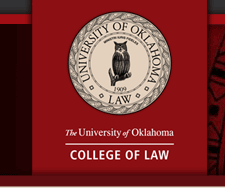Abstract
Under existing precedent, portions of the military chaplaincy program are unconstitutional. Although presenting at least the appearance of the “establishment” of religion, the military chaplaincy program has never been successfully challenged on constitutional grounds—despite its history of more than two centuries. The only court that has directly confronted the issue upheld the military chaplaincy based on what appears to be a counter-intuitive application of the Free Exercise Clause. Namely, the military chaplaincy program ensures the free exercise rights of service members who, because of their military service, would otherwise be deprived of access to religious services. And indeed, when a military assignment takes a service member to rural or international locations, that military assignment may reduce or eliminate the service member’s access to religious services. Consequently, the Free Exercise Clause at least allows the government to take action to alleviate those hindrances, which the government does by providing the military chaplaincy program. But those obstacles simply do not exist for many service members, for instance those assigned to non-deployable units in the urban United States who benefit from ready access to local religious resources. And with respect to these service members, the military’s chaplaincy program amounts to an impermissible advancement of religion and, as such, cannot survive constitutional muster. Thus because government-sponsored (or supported) religious accommodation is permissible only when government action encumbers religious free exercise, service members’ access to government religious resources must be more carefully circumscribed to those circumstances in which it is genuinely a government-imposed burden that the government’s military chaplains relieves. Therefore, to meet its constitutional obligations, the Department of Defense (DoD) must make some effort to distinguish between units that are and units that are not subject to a government-imposed burden on its members religious free exercise.
Recommended Citation
Malcolm H. Wilkerson,
Picking Up Where Katcoff Left Off: Developing a Framework for a Constitutional Military Chaplaincy,
66
Okla. L. Rev.
245
(2013),
https://digitalcommons.law.ou.edu/olr/vol66/iss2/2
